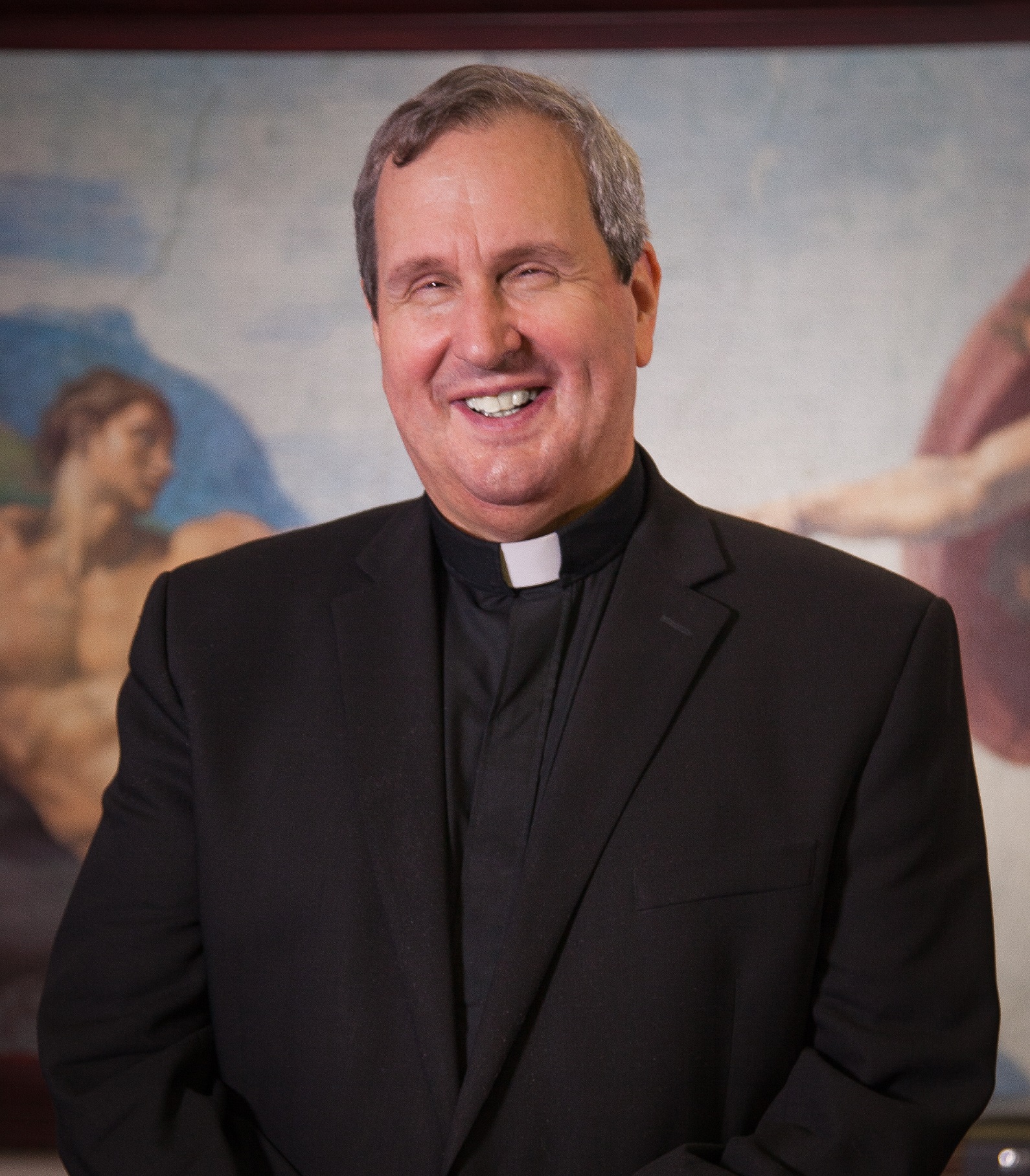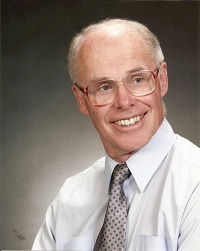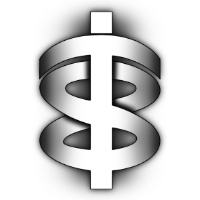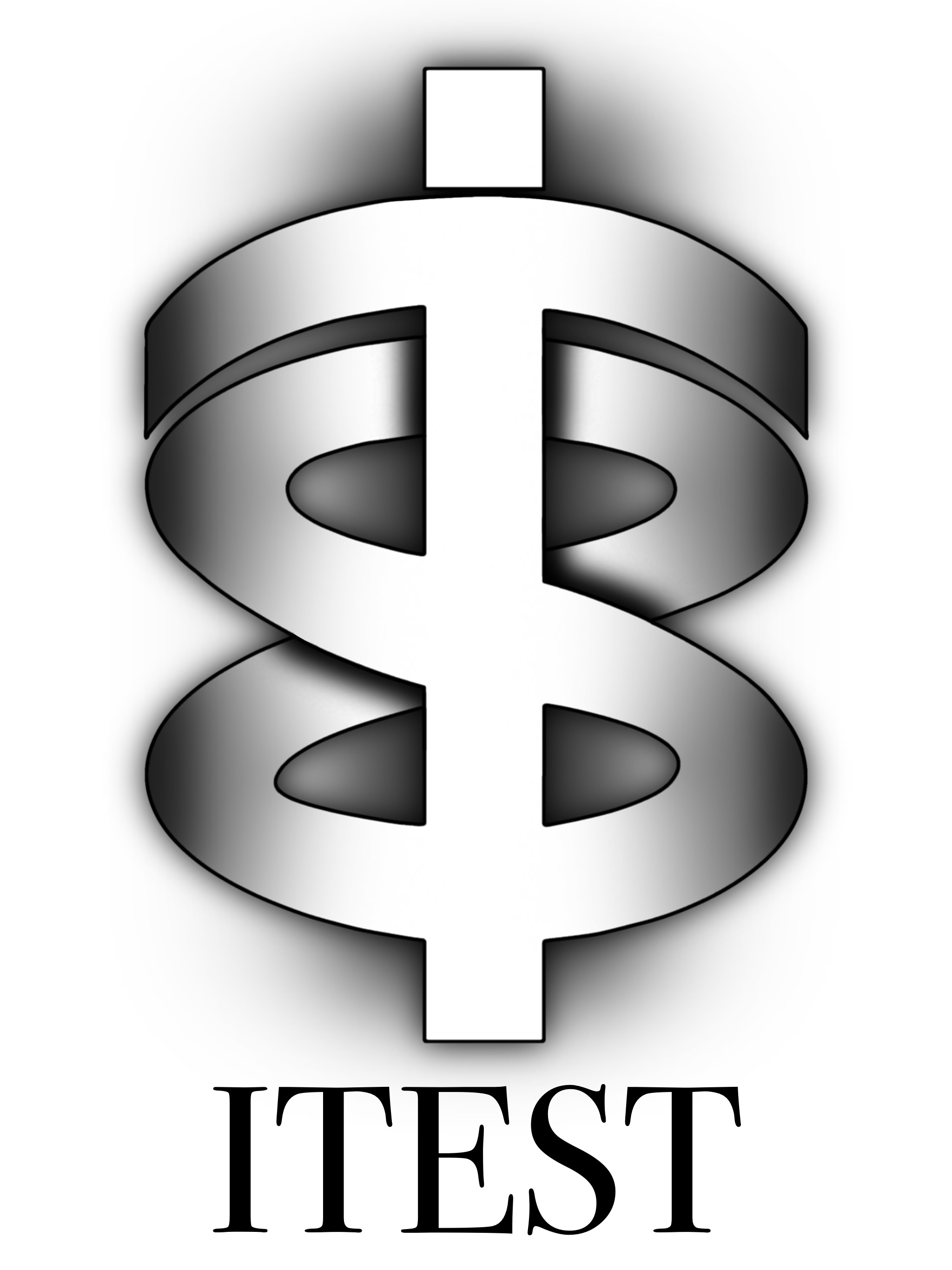Our presenters
Fr. Robert J. Spitzer, SJ, PhD
Christ, Science, and Reason: What We Can Know about Jesus, Mary, and Miracles

Father Robert J. Spitzer, S.J., Ph.D. is President of the Spitzer-Magis Center of Reason and Faith (www.magiscenter.com). He was President of Gonzaga University from 1998 to 2009. He is the author of fifteen books, including the award-winning New Proofs for the Existence of God, and most recently, Science, Reason, and Faith: Discovering the Bible. Father Spitzer has his own EWTN weekly television show called Father Spitzer’s Universe. He has appeared on the Larry King Show (debating Stephen Hawking), the History Channel, the Today Show, and PBS. Father Spitzer has partnered with Sophia Institute in publishing apologetics courses for middle and high school students, arming them with contemporary science-based evidence of the complementarity of faith and science.
Abstract
Father Robert Spitzer, S.J., closely examines the scientific evidence for:
- The Passion and Resurrection of Jesus from the Shroud of Turin
- The Real Presence of Jesus in the Holy Eucharist from three recent scientifically investigated Eucharistic miracles
- The supernatural dimensions of the apparitions of Mary manifest in the Tilma of Guadalupe, the Miracle of the Sun at Fatima, and many healing miracles connected with the Grotto of Lourdes.
This work also presents a summary of contemporary historical and exegetical evidence for the historicity, Passion, and Resurrection of Jesus, and concludes with a consideration of the Catholic Church and science—particularly the Church’s contributions to science, the complementarity of science and the Bible, and the complementarity of physical evolution and the creation of a soul.
The book makes clear that the Catholic Church is not anti-science, but quite the opposite—it is one of the most scientifically aware religious denominations in the world. It will also be clear that science is not anti-God, anti-Christ, or anti-religious. On the contrary, its tools and methods give considerable credible evidence for all of them.
Thomas P. Sheahen, PhD
The Importance of Fr. Spitzer’s
Christ, Science, and Reason

Dr. Thomas P. Sheahen, director emeritus of ITEST, earned BS and PhD degrees in physics from the Massachusetts Institute of Technology. During his 45-year career as a research physicist, predominantly in energy sciences, he worked for various industrial and national laboratories. In the 1990s, Sheahen wrote the textbook Introduction to High-Temperature Superconductivity. More recently, he wrote the book Everywhen: God, Symmetry and Time, which stands at the intersection of faith and science, and explains how mankind’s limited capabilities have led to a deficient and weak perception of God.
Abstract
Long ago it was recognized that, outside of mathematics, no one can prove a proposition. The nearest thing to a proof is to assemble evidence which is strongly convincing and then draw the most reasonable and responsible conclusion. This was termed an “informal inference” by Cardinal Newman in the 19th century.
With this book, Fr. Spitzer has examined a number of miraculous events over many centuries and has provided the detailed evidence necessary to draw the reasonable and responsible conclusion that they are truly supernatural occurrences. He devotes attention to the scientific instruments and techniques used to research these miracles, and therefore, the attentive reader is much better able to counter the superficial dismissive arguments put forth by atheists and secularists. For example, in 1988 a carbon-dating measurement seemed to indicate that the Shroud of Turin was of medieval origin, which delighted the atheists. Father Spitzer looked carefully at many other kinds of experimental evidence that has been found in more recent decades, and he demonstrates why the 1988 measurement was incorrect. In reality, the shroud dates from the first century AD.
Similarly, Fr. Spitzer takes on the critics of the Tilma of Juan Diego in the 16th century, the Miracle of the Sun at Fatima in the 20th century, and several Eucharistic miracles in the modern age where scientific evidence shows that there is NO naturalistic explanation. In all cases, what differentiates this book from other authors is Fr. Spitzer’s commitment to following the Scientific Method to test each hypothesis and his excellent knowledge of both the capability and the limitations of science.
Consequently, “Christ, Science, and Reason” is a major contribution to our understanding of miracles and gives the reader great confidence that the asserted claims of the Catholic Church are the most reasonable and responsible position to hold. Once again, Newman’s “informal inference” is that Catholicism is verified by these miracles.



